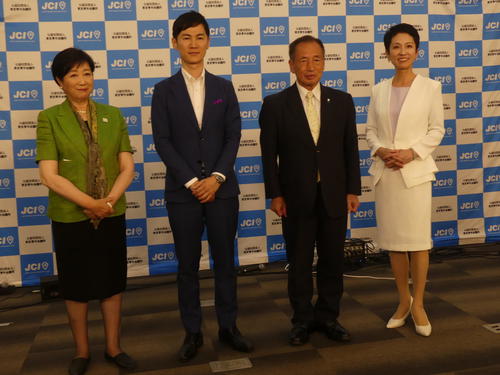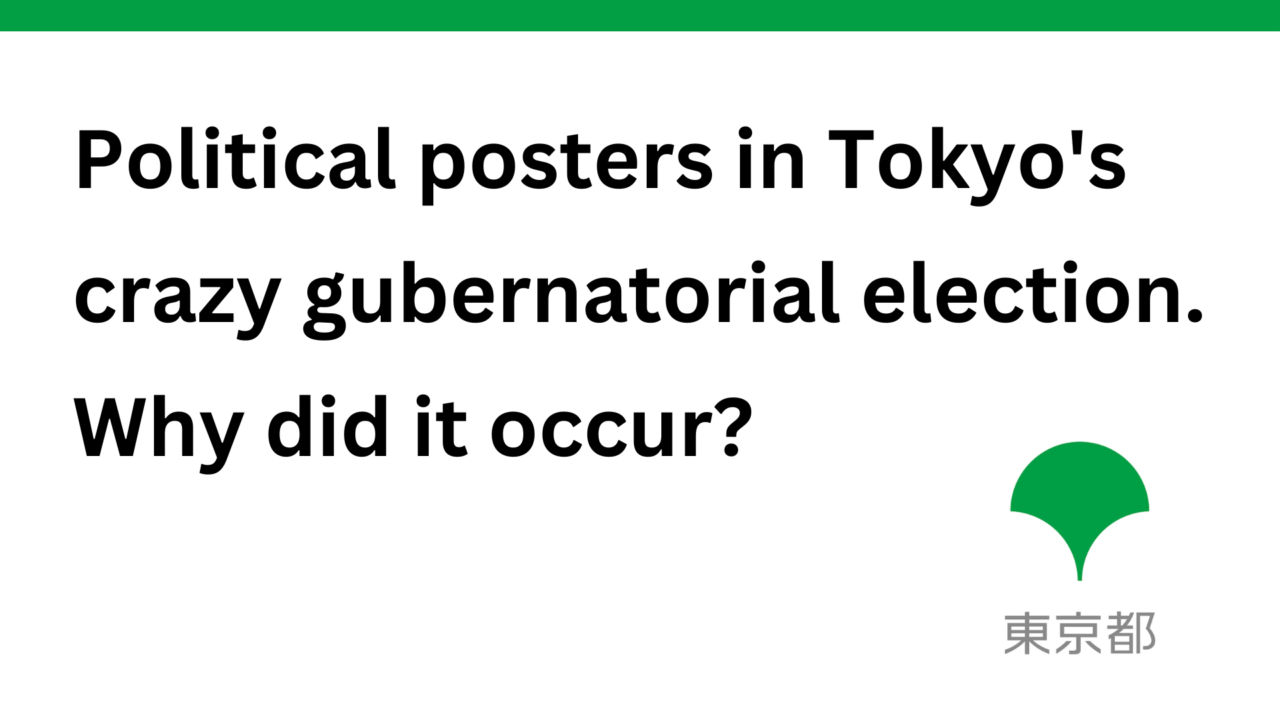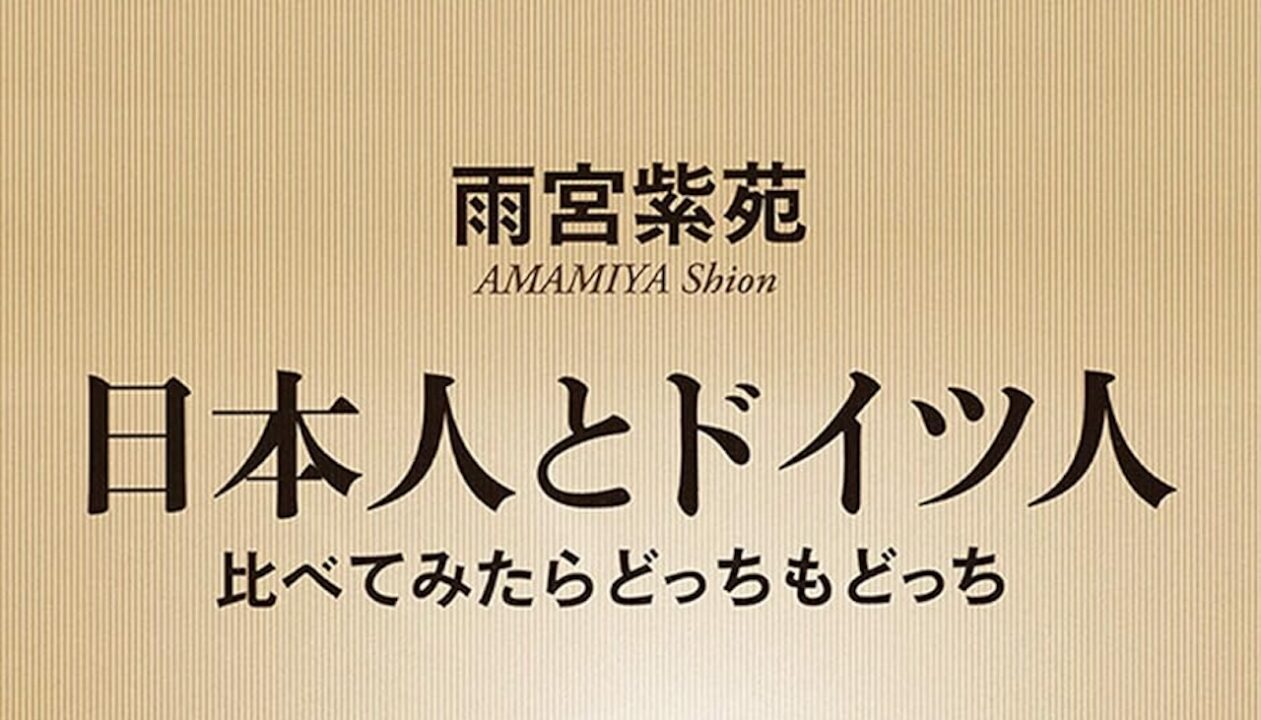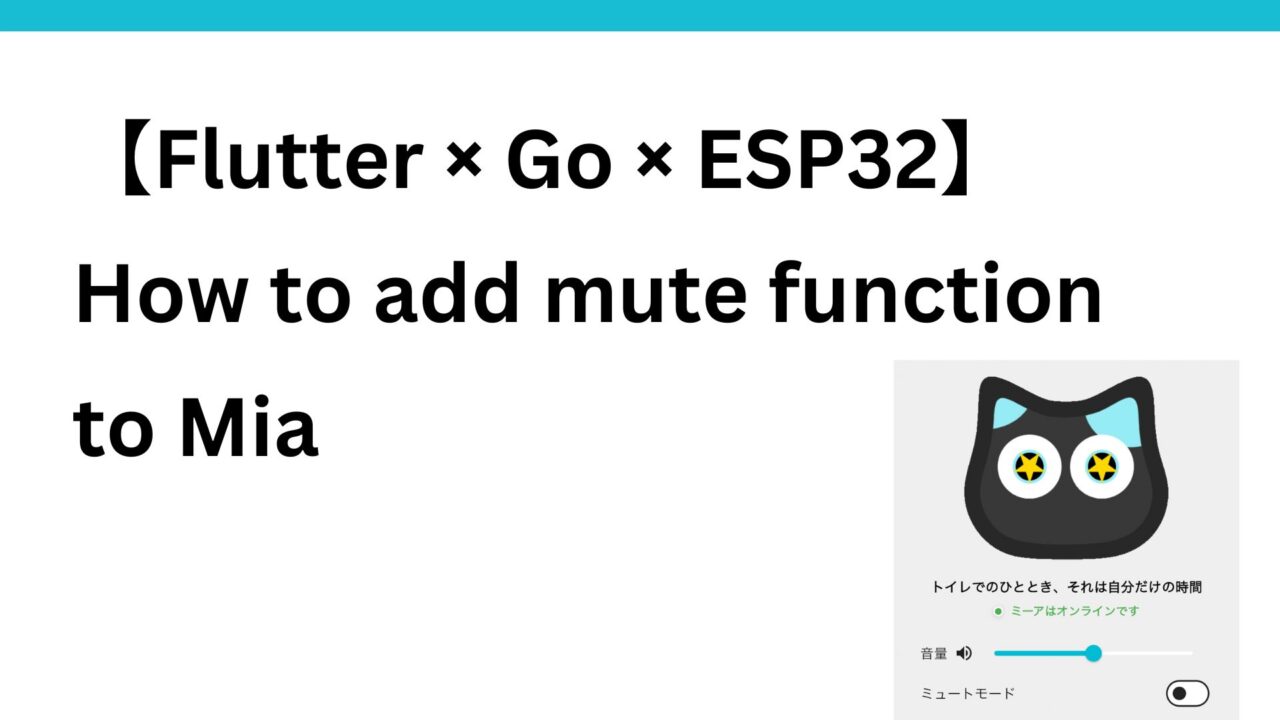Introduction.
The Tokyo gubernatorial election will be held on July 7, 2024, and the election poster boards and political broadcasts have never been more unusual. Jeffrey Hall, a lecturer at Kanda University of Foreign Studies, caught our attention when he shared with the world the chaotic nature of the Tokyo gubernatorial election.
The issue of a nearly naked woman’s election poster on a billboard has also attracted attention, with Elon Musk ripping it “Bold”.
In response, some Japanese commented that “Japan is finished” and “shame on the world,” while some foreigners tweeted quotes such as “Japan is Crazy,” “How freedom of expression is preserved (in China),” and “This is true democracy.
In this issue, I was curious to find out why the poster issue and the political broadcasts have become such a rare hundred views.
Anyone can run for office with a deposit of 3 million yen.
A record number of 56 candidates are running for the Tokyo gubernatorial election this time. Compared to the previous election, which also had a record number of 22 candidates, one can see how the number of candidates has increased this time around.
Under the current Public Election Law, a deposit system is in place to prevent publicity stunts using elections. In the case of the gubernatorial election, 3 million yen per candidate is deposited in advance, and if the number of votes cast is less than 10% of the valid votes cast, the deposit is confiscated and paid to the Tokyo Metropolitan Government. Incidentally, the amount of 3 million yen was first set in 1992.
In the last gubernatorial election, 19 of the 22 candidates, excluding three including Yuriko Koike, who won the election, were subject to confiscation, with the total amount reaching 57 million yen. Considering that the current population of Tokyo is 14 million and that the percentage of votes cast in each election has recently been around 50% (and has hovered between 40-60% since the Heisei era), if the effective turnout were 95%, the candidate would have to take 1400*0.5*0.95*0.1=665,000 votes to avoid having the deposit money confiscated.
It is a considerable number, and most candidates will be subject to forfeiture this time as well; whether one feels that 3 million yen is high or low is up to the individual, but it is thought that the reason for the disorderly behavior despite the deposit system is the strong PR effect that can be obtained from street speeches and political broadcasts.
Some are calling for the deposit to be raised to 30 million yen, ten times the current amount! However, this is unlikely to happen, since restricting candidacy based on the deposit fee would be an infringement of the right to vote.
France and Canada used to have a deposit system, but France abolished it in 1995 and Canada in 2018; the other G7 countries, the U.S., Germany, and Italy do not have a deposit system. The UK’s deposit fee is so small that it is less than 100,000 yen even for national elections. At present, Japan is the only developed country with a high deposit fee.
BBS hijacking by NHK party
Furthermore, this time, the NHK party proceeded to jack the billboards, taking advantage of a blind spot in the current Public Offices Election Law, which accelerated the rare 100 views of election posters.
In the first place, the current Public Office Election Law envisages that “a candidate uses as an election poster a poster with his/her portrait and the policies he/she promotes to promote himself/herself,” which is as follows.
- In principle, election posters are free in terms of content, as long as they do not support other candidates or contain false information.
- No provisions regarding the act of selling election poster frames.
In the above, Mr. Tachibana of the “smart” NHK party, taking advantage of a blind spot in the election law
- If you donate to the NHK party, you can choose one of the approximately 14,000 election poster boards in Tokyo to put up a poster that you have created yourself.
- In principle, the design and content is up to the donor, and can include his or her name or the name of an acquaintance, or even a photo of the dog.
- Donation amount is 5,000 yen or more per unit, and 10,000 yen or more after June.
and developed a method that no one had envisioned: renting out election posters as advertising space.
At 10,000 yen per unit, this would bring in 140 million yen in donation income, and even if the NHK party pays the deposit for 30 candidates (3 million yen each), it would still make a profit of 50 million yen. In other words, it is a win from a business perspective.
I think it is excellent that they have whittled it down to 10,000 yen per unit, an amount that can be easily afforded, but I wondered if anyone would actually want to go that far to promote it. However, the mountains and mountains have all kinds of deceptive spirits such as dogs, hosts, porn, dating sites, and QR codes installed to lead people to fraudulent sites.
Offline advertising that catches people’s attention is expensive, ranging from several hundred thousand dollars for bus and train advertisements to billboard advertisements, so it is not hard to understand why a private company would consider doing it if it were just a marketing campaign for their business.
On the NHK Party website, a YouTube video titled “Would you like to use your dog as an election poster?” and shows Mr. Tachibana actually putting up a poster of his dog.
The intention was to draw attention to the election and encourage young people to participate in politics, and also because the NHK party is inevitably less likely to get terrestrial coverage than Koike and Renho, so they had to take an eccentric approach. Incidentally, Mr. Tachibana also stated that this may be the last time he will be able to jack the bulletin board.
I think it’s clever, but if the Public Offices Election Law can be amended before the next gubernatorial election, it might be cracked down on.
This time, the election for Governor of Tokyo was terrestrial vs. internet.
Now, the three main contenders for governor this time around are probably Koike, Renho, and Ishimaru. Although it is a showdown between the old and the new, the terrestrial vs. Internet picture is also highlighted, and what the outcome of the 7/7 vote will be is also a real factor.
It was also shocking that ReHacQ, one of the emerging media, held a policy debate with Koike, Renho, Ishimaru, and Tamogami in the form of a live stream on YouTube for an hour and a half from 9:00pm to 10:30pm on June 24, and I watched it on my own rear-tie. I was also shocked to see that the number of people who watched the debate on their own time was about 100,000, and the chat room was overflowing with people.
And at the public debate organized by ReHacQ, Koike’s flippant answers to questions posed by other candidates to the incumbent Koike were clipped on TikTok and YouTube, and it was as if young people were commenting on them as well.
- Although he should have been able to answer Yes/No to whether the Jingu Gaien Redevelopment Project purchased the party tickets, when pressed three times by different people, he replied, in effect, “Each party is held in accordance with the law and is disclosed in such a manner,” and “We have received cooperation from various people. In spite of the fact that the answer was “Yes,” the answer was given in a defensive manner, as if he was trying to avoid being identified, which was then cut out of the answer.
- Regarding the Tsukiji redevelopment, Tamogami said, “I have an office in Tsukiji, and actually there are quite a few people in Tsukiji who resent Governor Koike. I think it is the problem of the first relocation. I heard that the biggest problem was the increase in the number of rats. There are many people who speak ill of Governor Koike,” to which Koike’s response, “Hey, I think you should choose your friends…,” was clipped and spread.

In addition, Mr. Ishimaru is not covered on terrestrial television, creating a one-on-one battle of Koike vs. Renho, while NewsPicks covers Mr. Ishimaru, and videos of conversations between Mr. Ishimaru and big-name YouTubers such as Holliemon and Atsuhiko Nakata have recorded millions of views, making the online media The main battleground is the structure of Mr. Ishimaru’s strong diffusion power. It is becoming more and more like which side will dominate in the terrestrial vs. online world.
I am looking forward to the results of the vote on July 7.


